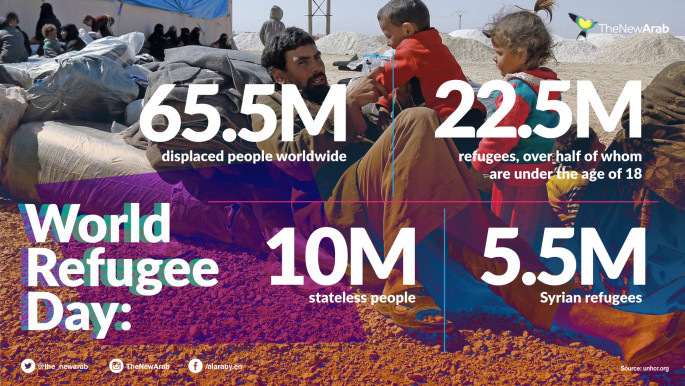Turkey, Russia to deploy forces in Syria's Idlib to secure 'de-escalation' zones
In May, Russia, Turkey and Iran agreed to establish four "de-escalation zones' during peace talks in the Kazakh capital Astana.
"We will probably be most prominent in the Idlib region with the Russians; mostly Russia and Iran around Damascus, and a mechanism involving the Americans and Jordan in the south in the Deraa region is being worked on," Turkish President Tayyip Erdogan's spokesman, Ibrahim Kalin, said.
Moscow had meanwhile suggested that Kyrgyz and Kazakh forces could also be involved, the spokesman added.
Kalin said the technical delegations were discussing the logistics and details of these zones.
"Who will be deployed and how? How will order be secured? Who will watch the process and how?" he said.
"Talks between Turkish, Russian and Iranian officials continue intensely. We are hopeful."
'De-escalation zones to cover eight provinces'
 |
|
The memorandum agreed during talks in Astana does not specify a start date for the implementation of the zones, which are to be established for at least six months.
Located across eight of Syria's 14 provinces, the zones do not cover the entire country and the Kurdish-controlled areas of north-eastern Syria are notably left out.
The largest planned zones include Idlib province, which neighbours Turkey, and Hama, Aleppo and Latakia provinces.
The other three zones are the northern Homs province, Eastern Ghouta near Damascus, and along the Jordanian border in the south.
Syrian opposition groups rejected the proposal for "de-escalation zones" last month when they were announced, saying Russia is unable, or unwilling, to ensure the Syrian regime and its Iranian-backed militias to respect ceasefires.
Turkey is a staunch opponent of Bashar al-Assad while Russia and Iran have been his main allies and provided significant military support for the regime.
Since late last year, however, Russia and Turkey have worked closely to find a solution to the conflict, which has killed hundreds of thousands and displaced millions inside and outside of Syria.
The brutal tactics pursued mainly by the regime, which have included the use of chemical weapons, sieges, mass executions and torture against civilians have led to war crimes investigations.





 Follow the Middle East's top stories in English at The New Arab on Google News
Follow the Middle East's top stories in English at The New Arab on Google News


